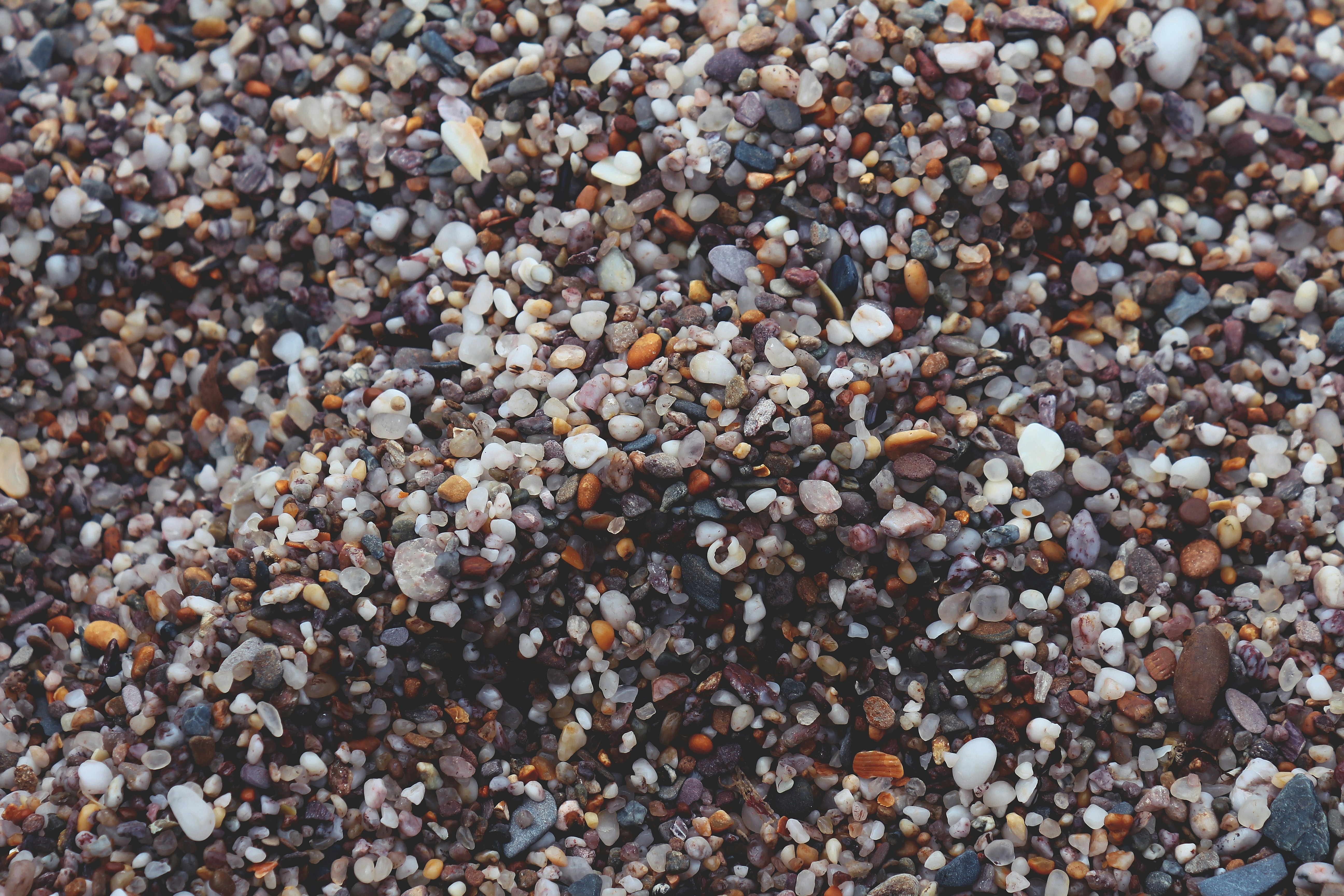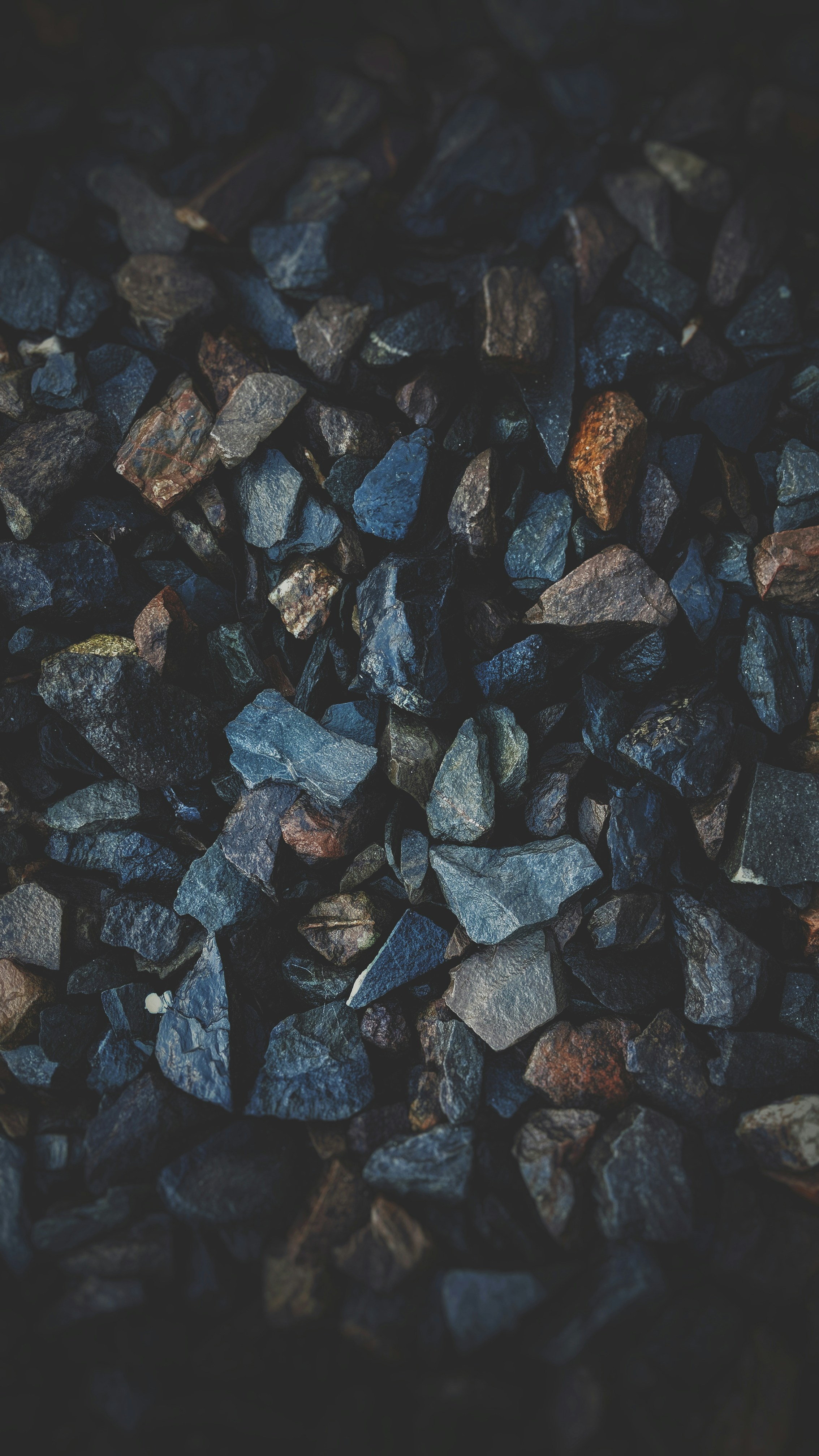Have you ever wondered why your urine has an unpleasant odor? In this article, we will explore the connection between kidney stones and smelly urine. Many factors can contribute to the smell of urine, but kidney stones may be one of the culprits. Join us as we uncover the relationship between these two and provide insights into maintaining a healthy urinary system.
Understanding Kidney Stones
Kidney stones are small, hard deposits that form in the kidneys. They are made up of various substances found in urine, such as calcium, oxalate, and uric acid. Kidney stones can range in size from a grain of sand to a pebble, and they can cause severe pain and discomfort when they pass through the urinary tract.
What are Kidney Stones?
Kidney stones are solid masses that develop in the kidneys when certain substances in urine become highly concentrated. These substances can form crystals, which then stick together and grow into larger stones. Common types of kidney stones include calcium oxalate stones, uric acid stones, and struvite stones.
Causes and Risk Factors of Kidney Stones
There are several factors that can increase the risk of developing kidney stones. Dehydration is a common cause, as it leads to concentrated urine and the formation of crystals. Other risk factors include a diet high in sodium, animal protein, or oxalate-rich foods, obesity, certain medical conditions such as gout or urinary tract infections, and a family history of kidney stones.
Symptoms of Kidney Stones
The symptoms of kidney stones can vary depending on the size and location of the stone. Common symptoms include severe pain in the side or back, pain that radiates to the lower abdomen and groin, blood in the urine, frequent urination, cloudy or foul-smelling urine, and a persistent urge to urinate. If you experience any of these symptoms, it is important to seek medical attention for a proper diagnosis.
Relation Between Kidney Stones and Urine Odor
How Might Kidney Stones Affect your Urine Odor?
Kidney stones themselves may not directly cause smelly urine. However, the presence of kidney stones can lead to other changes in the urinary system that can affect urine odor. For example, when kidney stones cause an obstruction in the urinary tract, it can result in the build-up of bacteria and urinary stasis. This can lead to the development of urinary tract infections, which can cause an unpleasant odor in the urine.
Other Urine Changes Accompanying Smelly Urine
In addition to smelly urine, other urine changes may also occur when kidney stones are present. These changes can include cloudy urine, blood in the urine (hematuria), and an increased need to urinate. It is important to note that these symptoms can also be associated with other conditions, so it is crucial to consult a healthcare professional for a proper diagnosis.
Overview of Smelly Urine
What Constitutes Smelly Urine?
Smelly urine, or urine with an unpleasant odor, can be caused by a variety of factors. Healthy urine typically has a faint odor, but certain conditions and lifestyle factors can cause the urine to have a stronger or unpleasant smell. The specific odor of smelly urine can vary and may be described as ammonia-like, fishy, or sweet.
Common Causes of Smelly Urine
There are several common causes of smelly urine. Dehydration can concentrate the urine and make it more pungent. Certain foods and medications can also affect the odor of urine. For example, asparagus, garlic, and certain vitamins or supplements can cause a temporary change in urine smell. Infections, such as urinary tract infections (UTIs), can also lead to smelly urine.
Is Smelly Urine Always a Cause for Concern?
While smelly urine can be unpleasant, it is not always a cause for concern. Temporary changes in urine odor due to diet or medications are usually harmless. However, persistent or strong-smelling urine, especially accompanied by other symptoms, may indicate an underlying medical condition that requires treatment. If you are unsure about the cause of your smelly urine, it is best to consult a healthcare professional for an evaluation.
Identification of Kidney Stones’ Symptoms
Differentiating Pain due to Kidney Stones
Pain caused by kidney stones is typically intense and severe. It often starts in the back or side, below the ribs, and can radiate to the lower abdomen and groin. The pain may come in waves and can be accompanied by nausea, vomiting, and restlessness. This type of pain is often referred to as renal colic and is a telltale sign of kidney stones.
Possible Other Symptoms
In addition to severe pain, kidney stones can cause other symptoms. These can include blood in the urine (hematuria), cloudy or foul-smelling urine, frequent urination, a persistent urge to urinate, and difficulty passing urine. These symptoms may vary depending on the size and location of the stone within the urinary tract.
Understanding Importance of Doctor Consultation
If you experience symptoms that may be indicative of kidney stones, it is important to consult a healthcare professional for a proper diagnosis. While kidney stones can sometimes pass on their own, they can also cause complications if left untreated. A doctor can perform tests and imaging studies to confirm the presence of kidney stones and recommend appropriate treatment options.
Diagnostics for Kidney Stones and Urinary Changes
Medical History Examination
During a medical history examination, a healthcare professional will ask you about your symptoms, medical history, and any risk factors that may contribute to kidney stone formation. They may inquire about your diet, family history, and previous episodes of kidney stones. This information can help guide the diagnostic process and provide valuable insights into the underlying cause of your symptoms.
Physical Examination and Its Importance
A physical examination can also provide important clues about the presence of kidney stones. The healthcare professional may palpate the abdomen and sides to check for tenderness or swelling. They may also perform a urine dipstick test to check for the presence of blood or infection. These physical findings, combined with the medical history, can help determine the appropriate diagnostic tests to further evaluate kidney stones.
Advanced Diagnostics for Kidney Stones
If kidney stones are suspected, advanced diagnostic tests may be ordered to confirm their presence and determine their size and location. These tests can include imaging studies such as an ultrasound, CT scan, or X-ray. These imaging modalities can provide detailed images of the urinary tract and help guide treatment decisions.
Treatment Options for Kidney Stones
Lifestyle Modifications for Managing Kidney Stones
For small kidney stones that are likely to pass on their own, lifestyle modifications may be recommended to help facilitate their passage. This can include drinking plenty of fluids to stay hydrated, avoiding foods high in oxalate or sodium, and maintaining a healthy weight. Making these lifestyle changes can reduce the risk of recurrent kidney stones and promote urinary health.
Medical Treatments
Medical treatments may be necessary for larger or more stubborn kidney stones. Medications can be prescribed to help manage pain, control infection, or aid in the passage of stones. In some cases, a procedure called extracorporeal shock wave lithotripsy (ESWL) may be performed. This procedure uses sound waves to break up the stones into smaller fragments that can be passed more easily.
Surgical Options for Large Kidney Stones
In certain cases, surgical intervention may be required to remove large kidney stones. This can include procedures such as ureteroscopy, percutaneous nephrolithotomy, or open surgery. The choice of surgical approach depends on the size and location of the stones as well as the patient’s overall health. Your healthcare professional will discuss the best surgical option for your specific case.
Prevention of Kidney Stones
Importance of Hydration
Staying hydrated is crucial in preventing the formation of kidney stones. Drinking an adequate amount of fluids, especially water, helps dilute the urine and prevent the concentration of substances that can lead to stone formation. Aim to drink enough fluids to produce at least 2 liters of urine per day, unless advised otherwise by your healthcare professional.
Diet and Its Impact on Kidney Stones
A balanced diet plays a significant role in preventing kidney stones. Limiting sodium intake can help reduce the risk of stone formation, as high sodium levels can lead to more calcium being excreted in the urine. Additionally, reducing animal protein intake and avoiding foods high in oxalate, such as spinach and rhubarb, can also be beneficial in preventing kidney stones.
Influence of Lifestyle Choices
In addition to hydration and diet, certain lifestyle choices can impact the risk of developing kidney stones. Regular physical activity can help maintain a healthy weight and reduce the risk of stone formation. Avoiding excessive alcohol and caffeine consumption is also important, as they can contribute to dehydration and increase the risk of stone formation.
Smelly Urine without Kidney Stones: Possible Causes
Urinary Tract Infections (UTIs) and Urine Smell
Urinary tract infections (UTIs) can cause changes in urine odor. The presence of bacteria in the urinary tract can lead to a foul or strong-smelling urine odor. UTIs are more common in women and can cause symptoms such as frequent urination, pain or discomfort during urination, and cloudy urine. If you suspect a UTI, seek medical attention for appropriate diagnosis and treatment.
Diet and Supplements as Possible Factors
Certain foods and supplements can also affect urine odor. Asparagus, for example, can cause a distinct odor in urine shortly after consumption. Similarly, certain medications and supplements can alter urine odor. If you notice a change in urine smell after starting a new medication or supplement, consult your healthcare professional for further evaluation.
Bladder Disorders and Smelly Urine
In some cases, smelly urine may be a sign of an underlying bladder disorder. Conditions such as bladder infections, interstitial cystitis, or bladder stones can cause changes in urine odor. These conditions can be associated with other symptoms such as pain or discomfort in the lower abdomen, frequent urination, and urgency. If you suspect a bladder disorder, it is important to consult a healthcare professional for accurate diagnosis and treatment.
Role of Infections with Kidney Stones in Causing Smelly Urine
Potential of Infections Triggering Smelly Urine
Infections can be a complication of kidney stones and may contribute to smelly urine. When kidney stones cause an obstruction or blockage in the urinary tract, it can lead to the stagnation of urine and the growth of bacteria. This can result in urinary tract infections, which can cause a strong or unpleasant odor in the urine.
Consequence of Ignored Infections
If urinary tract infections or kidney infections are left untreated, they can lead to serious complications and spread of infection to other parts of the body. In severe cases, kidney infections can result in kidney damage or sepsis, a life-threatening infection. It is important to seek medical attention if you suspect an infection, especially if it is accompanied by smelly urine or other symptoms.
Treatment of UTIs and Kidney Infections
UTIs and kidney infections require prompt treatment with appropriate antibiotics to clear the infection. Your healthcare professional may also recommend pain medications or other supportive measures to manage symptoms. It is crucial to complete the full course of antibiotics and follow any additional instructions provided by your healthcare professional to ensure that the infection is properly treated.
Understanding When to Seek Medical Help
Persistent Symptoms and Need for Medical Intervention
If you experience persistent symptoms such as severe pain, blood in the urine, frequent urination, or smelly urine, it is important to seek medical help. These symptoms can be indicative of underlying conditions, such as kidney stones or urinary tract infections, that require medical intervention. Ignoring or delaying treatment can lead to complications and worsen the condition.
Significance of Regular Urologist Check-ups
Regular check-ups with a urologist are important, especially if you have a history of kidney stones or urinary tract issues. Urologists specialize in the diagnosis and treatment of conditions related to the urinary system, including kidney stones. They can provide valuable insights and guidance on preventive measures, lifestyle modifications, and early detection of any potential issues.
Urgent Symptoms Demanding Immediate Attention
Certain symptoms associated with kidney stones or infections require immediate medical attention. If you experience severe pain that is unrelenting, accompanied by fever, chills, or difficulty passing urine, it is important to seek emergency medical care. These symptoms may indicate a serious complication that requires urgent intervention to prevent further damage to the kidneys or other organs.
In conclusion, kidney stones can cause changes in urine odor indirectly, primarily by contributing to urinary tract infections. It is important to be aware of the symptoms of kidney stones and urinary changes, as well as the possible causes of smelly urine. Seeking medical help for proper diagnosis and treatment is crucial in managing kidney stones and related urinary issues. Additionally, adopting lifestyle modifications, maintaining hydration, and following a healthy diet can help prevent the formation of kidney stones and promote urinary health. Remember to consult a healthcare professional for personalized advice and guidance on managing kidney stones and any associated symptoms.



